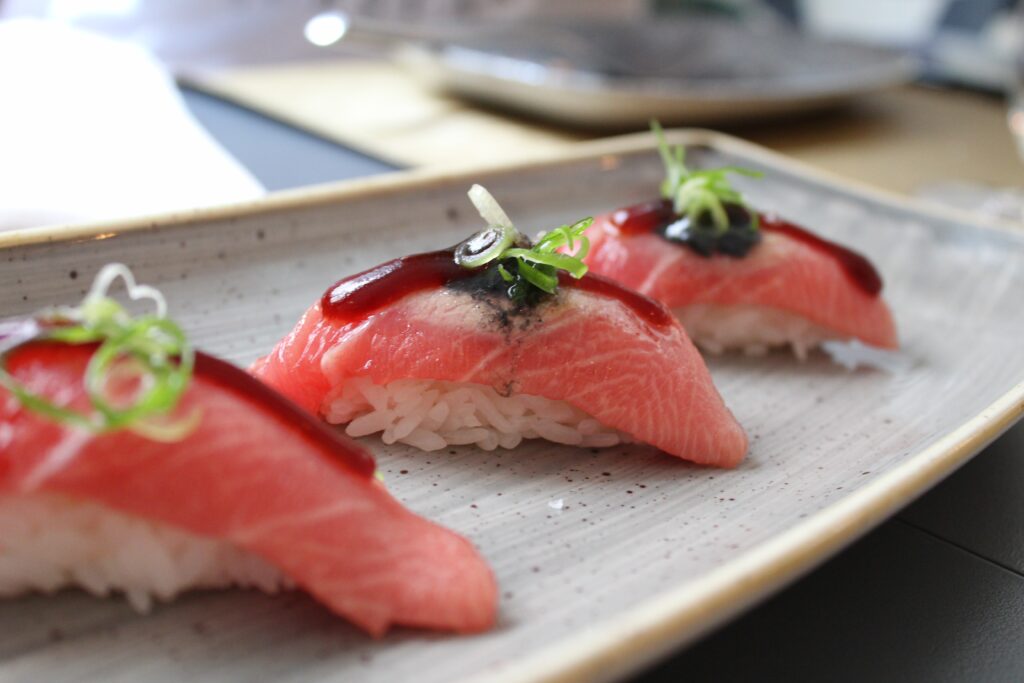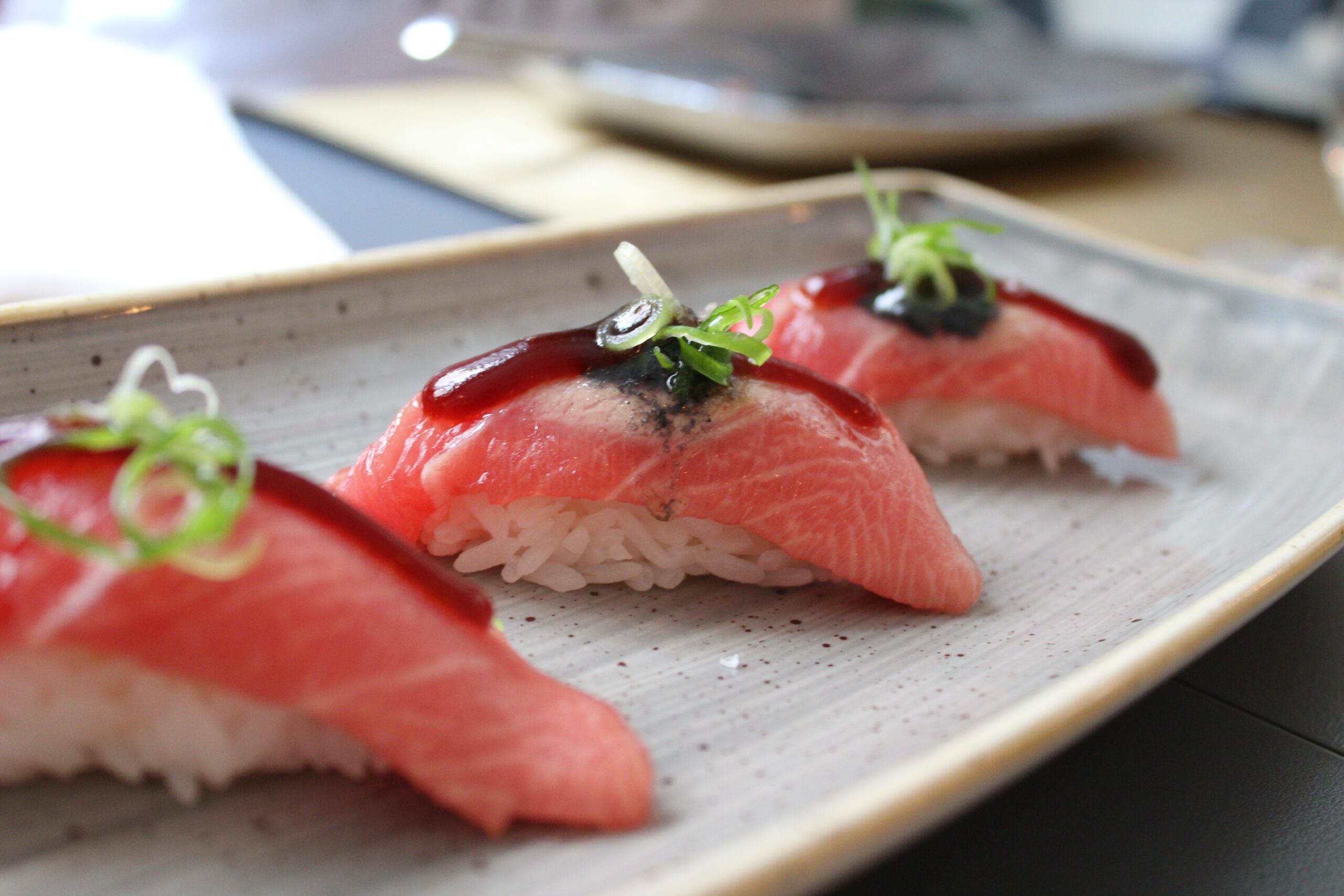If you are interested in Japan or Japanese culture, you are probably keen to learn Japanese as well.
When you bump into a Japanese person, you may want to say “I cannot speak Japanese, but I want to learn to.”
Then, how can you say “I want to learn Japanese” in Japanese?
How do you say “I want to learn Japanese” in Japanese?
If you want to say “I want to learn Japanese” in Japanese, you can say;
日本語を勉強したい(です)。
Nihongo wo benkyoo shitai (desu).
I want to learn Japanese.
“Desu” can be added when you want to say it politely.
a verb + たい(tai)means ”I want to do”
The Japanese word “tai” expresses desire here. It is used in conjunction with the polite form of verbs.
食べる → 食べ(ます)→ 食べたい
taberu → tabe (masu) → tabetai
eat → want to eat
歩く → 歩き(ます)→ 歩きたい
aruku → aruki (masu) → arukitai
walk → want to walk
勉強する → 勉強し(ます)→ 勉強したい
benkyoosuru → benkyooshi (masu) → benkyooshitai
learn (study) → want to learn (study)
寿司を食べたい(です)
Sushi wo tabetai (desu)
I want to eat Sushi.
公園まで歩きたい(です)
Kooen made arukitai (desu)
I want to walk to the park.
日本語を勉強したい(です)
Nihongo wo benkyoo shitai (desu).
I want to learn Japanese.
“~たいですか?” makes a question
When you want to ask if they want to do something, you can just add “か (ka)” after “です (desu)”.
寿司を食べたいですか
Sushi wo tabetai desu ka?
Do you want to eat Sushi?
公園まで歩きたいですか
Kooen made arukitai desu ka?
Do you want to walk to the park?
日本語を勉強したいですか
Nihongo wo benkyoo shitai desu ka?
Do you want to learn Japanese?
Or you can make up questions by simply pronouncing the sentences with the endings raised in casual conversation.
日本語を勉強したい?(↗)
Nihongo wo benkyoo shitai?
Do you want to learn Japanese?
Please note that this should only be used in casual conversation.
How to make a negative sentence

There are three ways of making a negative sentence. The casual way is to take “い (i)” of “たい” and add “くない (kunai)”.
食べたい → 食べたくない
tabetai → tabetakunai
I don’t want to eat.
歩きたい → 歩きたくない
arukitai → arukitakunai
I don’t want to walk.
勉強したい → 勉強したくない
benkyoo shitai → benkyoo shitakunai
I don’t want to learn (study).
Making polite negative sentences has two options: to replace “たくないです” or “たくありません”.
食べたいです → 食べたくないです/食べたくありません。
tabetaidesu → tabetaku naidesu / tabetaku arimasen
I don’t want to eat.
歩きたいです → 歩きたくないです/歩きたくありません。
arukitaidesu → arukitaku naidesu / arukitaku arimasen
I don’t want to walk.
勉強したいです → 勉強したくないです/勉強したくありません。
benkyoo sitaidesu → benkyoo sitaku naidesu / benkyoo shitaku arimasen
I don’t want to learn (study).
How do Japanese people tell you what they don’t want to do?
People believe that Sushi is the most popular Japanese food, so your Japanese friends might want to invite you to a Sushi restaurant. If you don’t really like eating Sushi, it’s possible to say;
寿司は食べたくないです。
Sushi wa tabetakunaidesu.
I don’t want to eat Sushi.
This is completely correct in terms of Japanese grammar, but Japanese people don’t really like to tell someone directly what they don’t want to do.
When you want to say that you are not very keen on something, you can use a magic word “ちょっと (chotto)” instead.
寿司はちょっと…
Sushi wa chotto…
I am not sure about Sushi…
This is a useful phrase for softly rejecting someone’s proposal. Remember, it’s a magic phrase “ちょっと (chotto)” that will make your relationship smoother while still conveying your feelings.




Comments